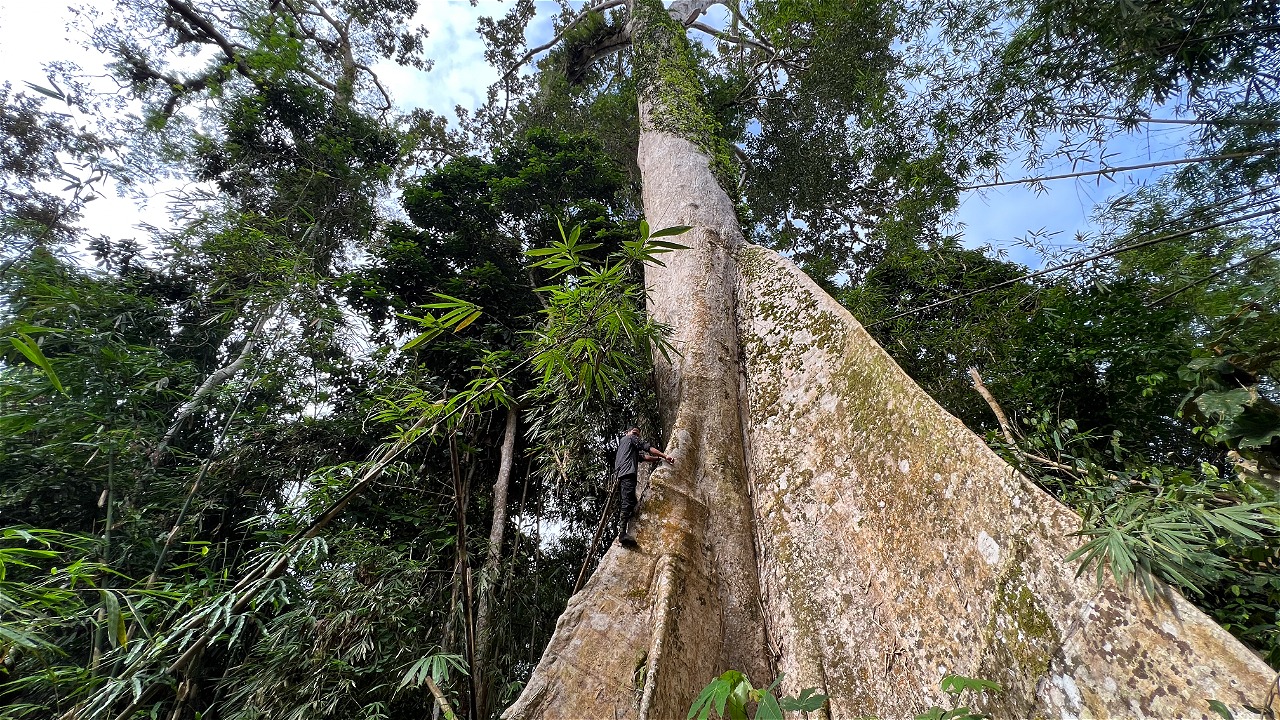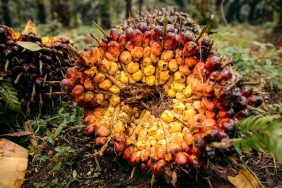STOP THE SMOKE, AS SOON AS POSSIBLE!
The ongoing forest and peatland fires in Sumatra and Kalimantan have caused severe pollution in Southeast Asia. The thick smoke produced by forest and peatland fires pollutes Indonesia's air and has spread to neighboring countries. Air quality in the region is now unhealthy and dangerous.
In this situation, it is not only humans who suffer. Forests are home to diverse species of plants and wildlife. Animals such as Sumatran Tigers, Sumatran Elephants and Orangutans that are already endangered due to poaching, are now faced with even greater challenges to survive the forest fires. The same goes for other wildlife.
How the Fire Started
Forest fires in Kalimantan and Sumatra always occur especially during the prolonged dry season. This disaster is usually caused by fires that are set during deforestation and burning of forests and burning of peatlands for plantations.
The burning of peatlands, a type of wet soil that has the highest organic content, is still carried out under the pretext of expanding plantation land. In fact, draining and burning peatlands is actually very dangerous, because once burned, it will be very difficult to extinguish. The pollution in the form of smoke caused by peatland fires is also more severe than the pollution produced by fires in non-peatland areas. The smoke from peatland fires can cause respiratory problems and even heart attacks.
The forest fires in Kalimantan and Sumatra that have been burning since June 2015 have yet to be extinguished. The resulting air pollution is also predicted to be higher than the pollution from Indonesia's worst forest fires in Riau in 2013, whose pollution also reached neighboring countries in Southeast Asia.
Behind the Forest Fires
Every year, areas of forest and peatland in Kalimantan and Sumatra are destroyed to make way for plantations and for their riches, such as timber, rubber and coal. The huge money-making opportunities have attracted many large companies to exploit the forests and peatlands on these two islands.
It is very sad that Indonesia, which has so much forest, which is three percent of the total forest area worldwide, actually produces one third of the total carbon emissions generated worldwide from forest and land destruction.
Deforestation, or the clearing of millions of hectares of tropical forest in Indonesia, is often done for the expansion of carelessly managed plantations. Deforestation under the pretext of plantation expansion has become a medium of corruption for officials and as evidence of the lack of law enforcement.
Borneo's forests are being stripped of trees and destroyed for timber, plundered for mineral wealth, or turned into Industrial Forest Plantations (HTI) to provide timber for the pulp and paper industry, or into oil palm plantations. By far the biggest culprits of forest destruction are the palm oil industry and the pulp and paper industry, which require large supplies of wood.
Palm Oil
Oil palm plantations have produced palm oil that is consumed daily by the majority of Indonesians. This oil is in high demand in the market as it is the cheapest vegetable oil. The growing demand for palm oil products has been responded by entrepreneurs by expanding their plantation areas through deforestation, both legal and illegal. Malaysia and Indonesia supply 90% of the world's palm oil needs.
The palm oil industry has been highly promoted because it has been proven to improve the lives of farmers in oil palm plantation areas. However, as the industry has grown, forests have been destroyed due to the expansion of plantations. Air pollution has increased as the number of trees that produce oxygen has decreased. In addition, deforestation also makes it easier to hunt wildlife.
An analysis by WWF has been conducted on palm oil production in Kalimantan. The analysis revealed that there are other alternatives for the development of the palm oil industry, which do not necessarily involve land expansion. The analysis found evidence that degraded land areas in Kalimantan can become productive oil palm plantation areas, through proper planting techniques. Oil palm can be planted on known infertile lands such as alang alang grasslands, degraded forest areas with flat soils, degraded forest areas with hilly soils and kerangas forests with very dry, sandy soils that are poor in nutrients. With the right planting methods, these lands can become productive oil palm plantations, so that land expansion by deforestation or destruction of peatlands is not necessary. The palm oil industry also becomes environmentally friendly because it does not damage biodiversity.
Pulp and Paper
The speed of development of the pulp and paper industry in Indonesia has exceeded the speed of development of pulpwood plantations. Despite the existence of Industrial Forest Plantations (HTI), where pulpwood cultivation is carried out, illegal logging of timber as raw material for the pulp and paper industry still occurs because the wood production produced by HTI still cannot meet the high quota demanded by the market.
Finally, in order to accommodate the world's high demand for paper, tissue and other wood products, entrepreneurs and investors turn a blind eye to forest destruction and illegal logging.
Buy Good
WWF Indonesia has started a campaign called #BeliYangBaik, to encourage businesses to make products that are responsible and environmentally friendly. The campaign has inspired and encouraged consumers, to utilize their power in negotiating with manufacturers, based on the desire to preserve a green lifestyle, encouraging manufacturers to bring products that do not harm the environment to save the future. The campaign was launched last June, in conjunction with World Environment Day.
Through this campaign, consumers can learn that they can already choose some products that are more environmentally friendly, including Forest Stewardship Council (FSC) labeled wood and paper-based products, Roundtable Sustainable Palm Oil (RSPO) labeled palm oil-based products and environmentally friendly seafood products. Other products that use environmentally friendly technology can also be an alternative, such as hybrid technology for transportation, as well as recycled products.
By 2050, the world population is expected to reach 9.3 billion. Without efforts to reduce the exploitation of natural resources and overconsumption, high-population countries like Indonesia will experience natural resource scarcity and environmental degradation.
WWF invites all Indonesians to save the future by participating in the #BeliYangBaik campaign.
It's time for Indonesia to change for the better. Give your pledge to be better here.




